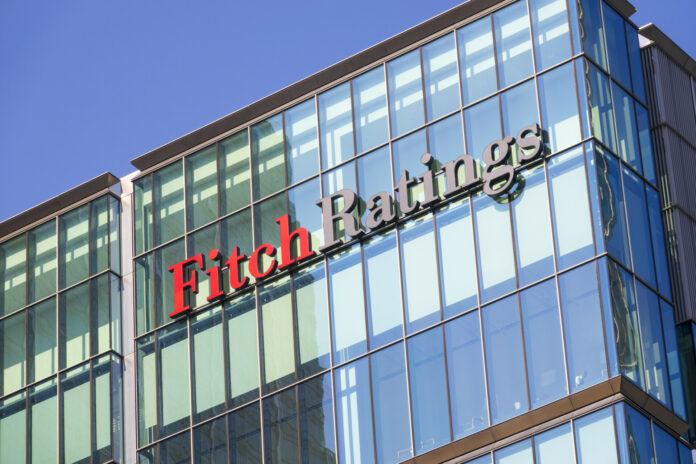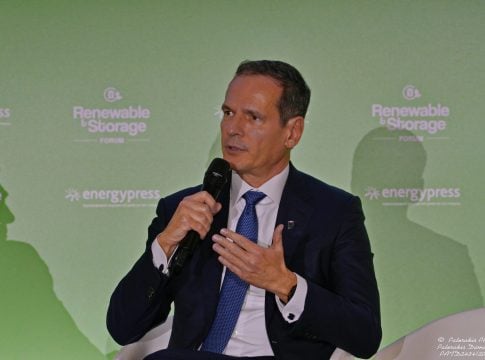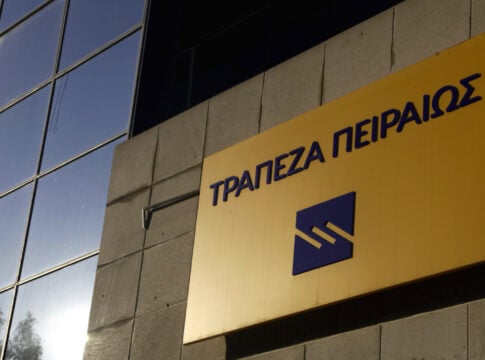The downgrade of the US credit rating brought the issue of “public debt” to light. However, Greece seems to remain unaffected for three reasons.
Investment grade status
The government is committed to producing high primary surpluses this year and next year as well as adopting a series of measures to continuously reduce the debt-to-GDP ratio and this will be “communicated” again to the markets.
If the goal of recovering the investment grade is achieved in September by the major rating agencies recognized by the ECB – Fitch, S&P and later Moody’s, – the Public Debt Management Agency (PDMA) will be able to move more aggressively in the direction of reducing the ratio of debt to GDP in 2024. The main goal is for Greece to cease to be the country with the highest ratio of debt to GDP in the eurozone as soon as in 2025.
Small refinancing needs
Due to the restructuring of the Greek debt over the last 12 years, Greece has one of the smallest refinancing needs at the international level. Greece is among the countries with the highest ratio of liquidity in proportion to its GDP and is one of the few that can cover the loan obligations of the next 2-3 years even if it does not tap the markets.
Political reassurances
Greece will have to follow the right political moves that will reassure the markets – and consequently its partners in the European Commission – that it will not be part of the problem.
Prime Minister Kyriakos Mitsotakis will reassure at the Thessaloniki International Fair (TIF) that the primary surplus will reach 0.7%-1% in 2023 and exceed 2% in 2024 through the increase in taxes revenues, but also the moderate change in public expenditure.
The government’s commitment will also be reflected in the draft budget, which is expected to be submitted to Parliament in the first week of October.















